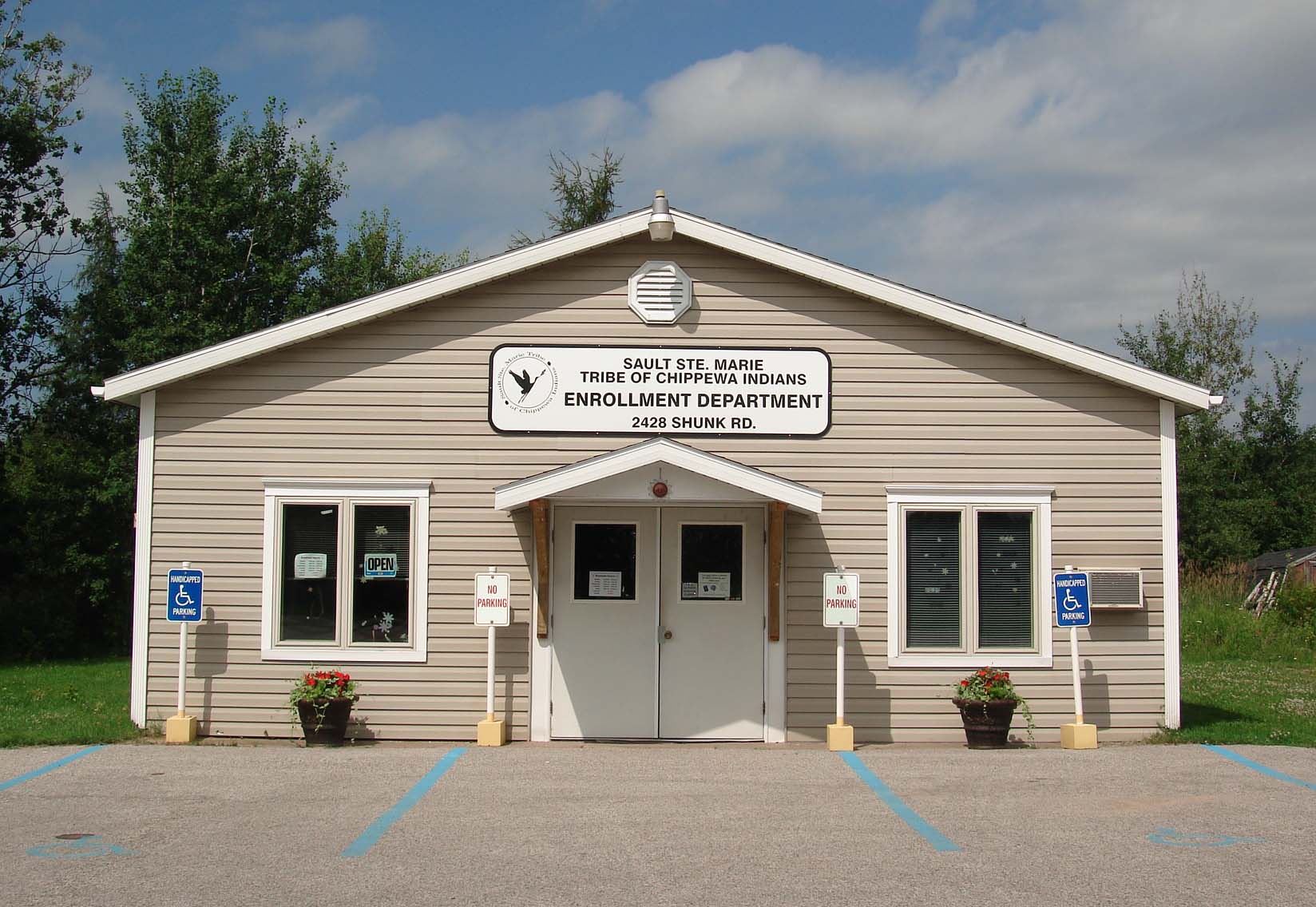
- Details
- By Native News Online Staff
SAULT STE. MARIE, Mich. — The Sault Ste. Marie Tribe of Chippewa Indians Board of Directors voted to establish the Covid-19 Rescue Act Membership Assistance Program on Tuesday evening that will provide grants up to $2,000 if a tribal citizen can prove they were financially burdened by the Covid-19 pandemic.
The program is intended to protect the health and welfare of the tribal membership and ensure reasonable resources are available to respond to negative economic impacts of the Covid-19 public health emergency.
Want more Native News? Get the free daily newsletter today.
The newly created program’s funds will come from federal funds the Sault Tribe received from the American Rescue Plan Act that was signed by President Joe Biden signed the legislation sent to him from Congress.
The program passed on Tuesday by the board of directors differed from a proposal released last week by Sault Tribe Chairperson Aaron Payment, which would have would appropriated another $1,000 allocation to all service area members and a $2,000 amount for Members who live outside of the service area to bring all Sault tribal citizens to an equal amount of $2,000 each.
“While not fully satisfied that my comprehensive proposal to treat all Sault Tribe Members equally across our fall and recent distribution, I am nonetheless pleased that for the first time in our tribe’s history, we did not neglect our at large members," Payment told Native News Online on Tuesday night. "Once I obtain a written clarification from the US Treasury that there is no federal prohibition from catching up our at large member to an equal amount, I will bring forward a resolution and also reintroduce tribal Legislation to bring relief to our employment team members”
The board of directors maintained they followed legal guidance and the Department of Treasury’s published guidance to date.
The Sault Ste. Marie Tribe of Chippewa Indians is the largest populated tribe east of the Mississippi River with over 45,000 tribal citizens.
Eligible expenses under the program include, but are not limited to medical, housing, health related goods or services, food, transportation for medical appointments, funeral costs, and similar expenses.
A Covid-19 Rescue Act Membership Assistance Program application form must be completed by each Tribal member in order to be eligible to receive potential assistance through the Program. The forms are tentatively slated to be mailed out within the upcoming weeks and shall also be available electronically.
More Stories Like This
Native News Weekly (August 25, 2024): D.C. BriefsUS Presidents in Their Own Words Concerning American Indians
Native News Weekly (December 14, 2025): D.C. Briefs
Wounded Knee Massacre Site Protection Bill Passes Congress
Two Murdered on Colville Indian Reservation
Help us defend tribal sovereignty.
At Native News Online, our mission is rooted in telling the stories that strengthen sovereignty and uplift Indigenous voices — not just at year’s end, but every single day.
Because of your generosity last year, we were able to keep our reporters on the ground in tribal communities, at national gatherings and in the halls of Congress — covering the issues that matter most to Indian Country: sovereignty, culture, education, health and economic opportunity.
That support sustained us through a tough year in 2025. Now, as we look to the year ahead, we need your help right now to ensure warrior journalism remains strong — reporting that defends tribal sovereignty, amplifies Native truth, and holds power accountable.
 The stakes couldn't be higher. Your support keeps Native voices heard, Native stories told and Native sovereignty defended.
The stakes couldn't be higher. Your support keeps Native voices heard, Native stories told and Native sovereignty defended.
Stand with Warrior Journalism today.
Levi Rickert (Potawatomi), Editor & Publisher

